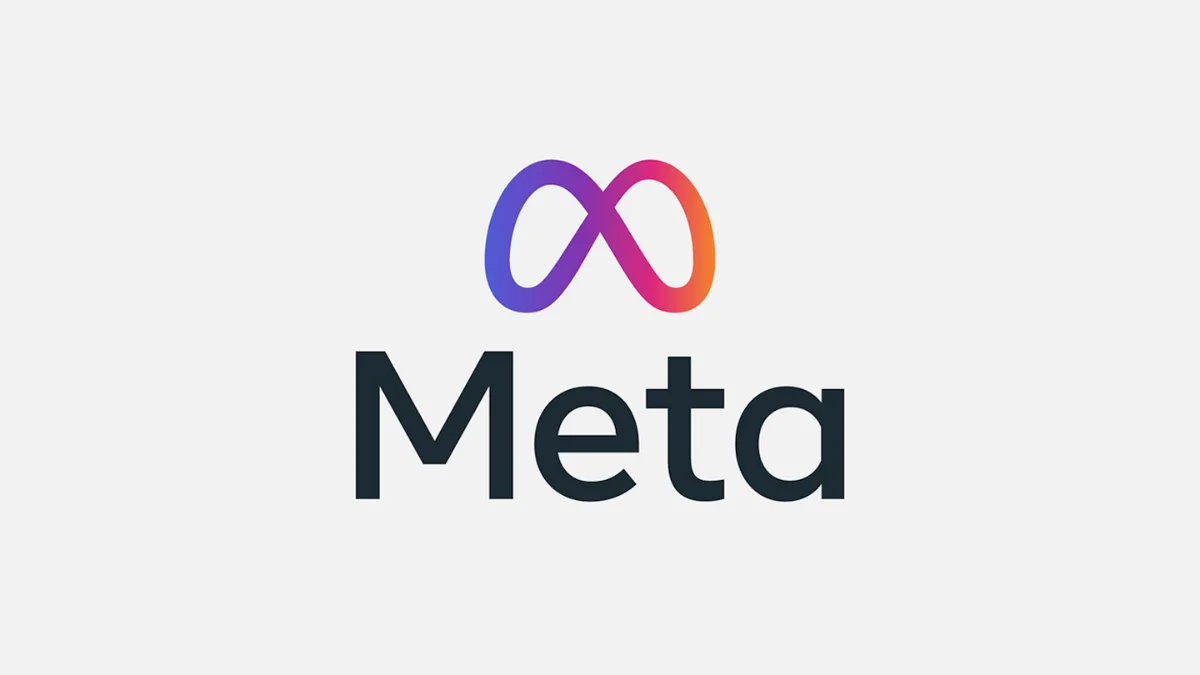Necessary Always Active
Necessary cookies are required to enable the basic features of this site, such as providing secure log-in or adjusting your consent preferences. These cookies do not store any personally identifiable data.
|
||||||
|
||||||
|
||||||
|

In Focus
U.S. Senators Josh Hawley and Richard Blumenthal have asked the Federal Trade Commission (FTC) and the Securities and Exchange Commission (SEC) to investigate Meta over Facebook and Instagram ads revenue, Reuters reported. The Meta scam ads probe was triggered by a report published by the media outlet alleging that the social media giant generated revenue by promoting banned goods and scams.
The Reuters report showed that in late 2024, Meta targeted to generate 10% of its annual revenue, which was equivalent to $16 billion, from scam ads on Facebook and Instagram.
“The FTC and SEC should immediately open investigations and, if the reporting is accurate, pursue vigorous enforcement action where appropriate,” Hawley and Blumenthal stated in a letter to the federal agencies.
One of the documents placed Meta’s revenue from high-risk scam ads at $3.5 billion every six months. Other documents highlighted in the report showed that Meta’s anti-fraud policies appeared not to apply to numerous ads that, according to staff and industry regulators, go against the company’s scam ad rules. Meta plans to personalize ads based on user interactions with its AI tools.
Last month, the EU said Meta breached transparency rules after it failed to allow researchers adequate access to public data.
Referencing the report by Reuters, the senators said that Meta estimated about a third of scams in the U.S. occur on its social media platforms.
The FTC estimates that scams cost Americans about $158.3 billion in 2024. This suggests that “Meta was responsible for more than $50 billion in consumer loss,” the letter noted.
The senators further allege that the social media giant had made a deliberate decision to accept publication of ads that promote fraudulent activities on its platforms.
“Scams have been allowed to take over Facebook and Instagram as Meta has drastically cut its safety staff, including for FTC mandated reviews, even as it dumps unimaginable sums into its generative AI projects,” the senators wrote.
Meta, which is working to automate advertising with AI tools by 2026, argued that scam reports by users have dropped by 58% over the last one and a half years. Meta termed the claims by the U.S. Senators Hawley and Blumenthal on Meta ad revenue as exaggerated and inaccurate.
“We aggressively fight fraud and scams because people on our platforms don’t want this content, legitimate advertisers don’t want it, and we don’t want it either,” Meta Spokesman Andy Stone said.
Despite this claim, Senators Hawley and Blumenthal remain skeptical about the tech giant’s efforts to curb illicit ads. The lawmakers referenced Meta’s ad library, which is publicly accessible, as having clearly identifiable illicit ads.